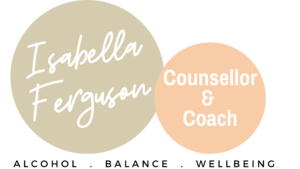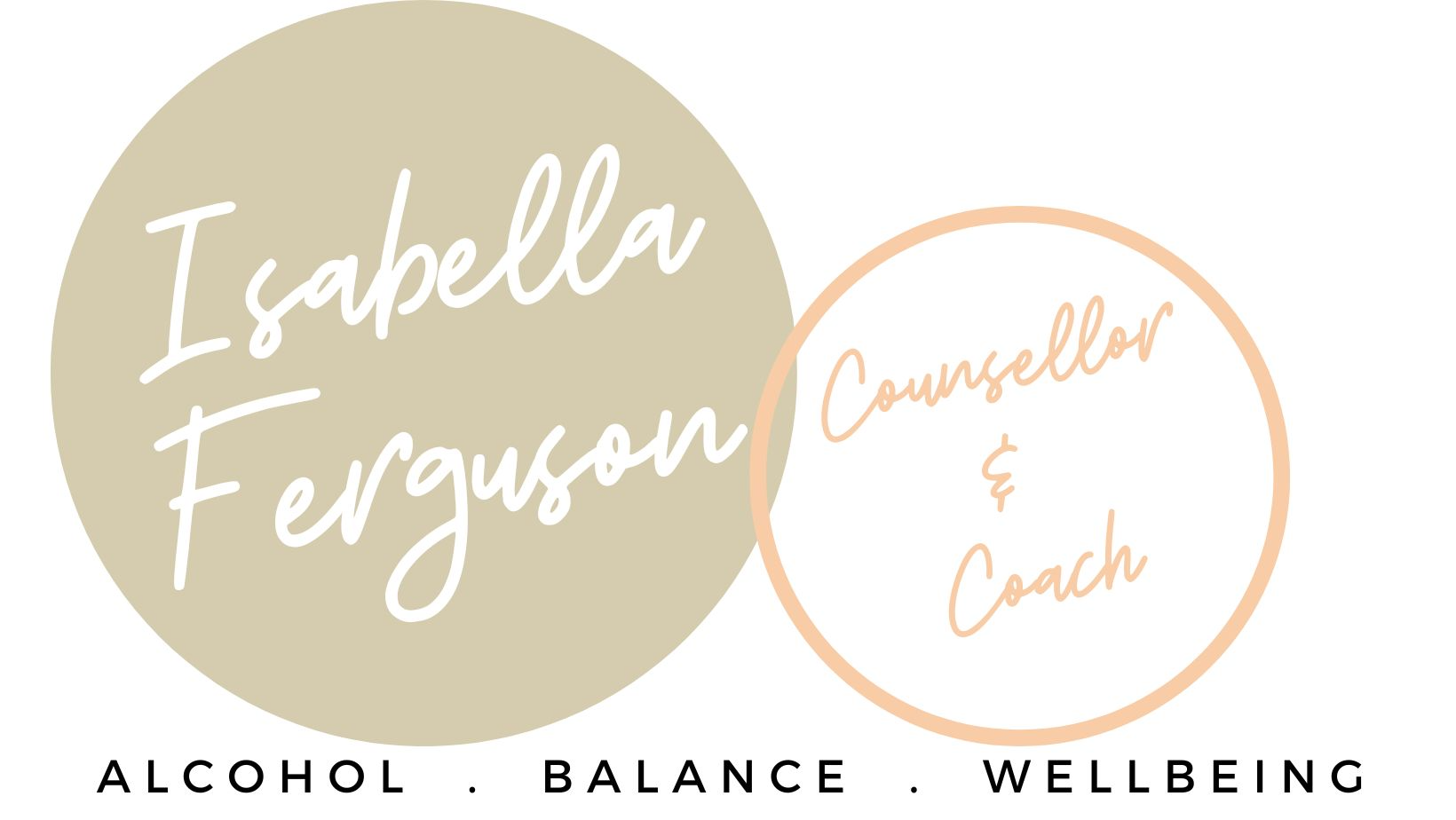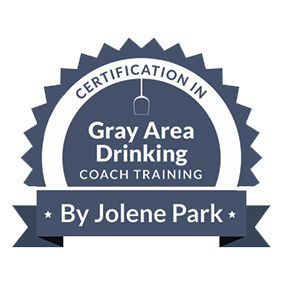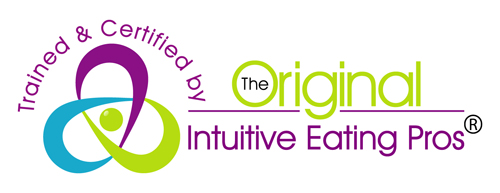Labelling drinking or not drinking as “good” or “bad” can set yourself up for a stressful ride and perhaps failure
Drinking is not good or bad. It just is.
When trying not to drink or to drink less, it’s easy to fall into the trap of labelling not drinking “being good” and drinking occasions as “being bad.” However labelling drinking as “good” or “bad” can set yourself up for a stressful ride and perhaps failure.
Here is why.
The All-or-Nothing Mentality: Guilt, shame, demotivation and deprivation!
Labelling drinking as “good” or “bad” tends to foster an all-or-nothing mentality.
When we perceive a drinking occasion as “bad,” a single slip-up can trigger feelings of failure. This mindset discourages resilience and makes it challenging to bounce back from setbacks, hindering long-term success from reflecting on what happened constructively.
Likewise, when we perceive our non-drinking phase as “good”, we can feel under pressure to perform, be “perfect” and keep up the hard work, attracting feelings of deprivation. What can also happen is that when your goal is achieved (ie 2 “good days” in a row, 100 days or FebFast), you can feel a sudden urge to relax, cave in and reward yourself with a few.
Rather than viewing your alcohol-free goals as something that has a start date and end date or an event that is to be “won” or “lost”, view it as something that can either lead you to feel more energetic and healthier or fatigued and unwell. Can you think of it as the new normal that you strive for with no “win” or “lose” values attached to it?
Rigidity and Unrealistic Standards is exhausting!
Labelling yourself good or bad if you drink or not can contribute to the establishment of rigid and unrealistic standards. This rigidity makes it difficult to maintain a balanced and sustainable approach to your health goals around alcohol.
It’s exhausting to be perfect all the time! Anxiety and stress becomes proportionate to whether you are meeting your self-imposed standards and may overshadow the positive aspects of adopting healthier habits. The pressure to adhere to these standards may lead to burnout or abandonment of the pursuit of a not drinking, leading to a big drinking session.
Attaching moral judgements to our drinking choices can be counterproductive.
The fact is you are a good person now. You are a good person if you drink. You are a good person if you do not. Attaching your self-worth to an external substance is mis-directed and it gives alcohol way too much power in determining your happiness and stress levels. We are much more than a person who drinks or doesn’t drink. We are humans doing the best we can striving to live in accordance with our values.
So, let’s break free from this good / bad, success / failure paradigm.
Reframe
Instead:
- Acknowledge. Recognise when you notice yourself labelling your not drinking days as “being good” and any data points as “being bad”.
- Feeling-based goal. Go-back to your feeling-based goal around alcohol. My goal each day is to feel “calm”, “energetic”, “self-confident” as opposed to “my goal is to not drink for February”. You know what yours is!
- Know this. Your desire to drink is powered by your subconscious mind and all of the beliefs that it has gathered over the course of your life in your internal and external environment around alcohol that has told you that this external substance will enhance you.This is not true. These beliefs are not your fault. Your beliefs around alcohol do not determine if you are a good or bad person. You are human and are doing your best.
- Reframe. Instead, go with compassion and get curious about your limiting beliefs and all of your personal internal stories that you have been exposed to that is fuelling your desire. Put them on trial and turn them around using the ACT technique.
- New mantra. Try saying. “My goal is to feel stronger, healthier, happier and I know that I feel better when I am not drinking. I know I feel better waking up without a hangover. This is based on evidence. I am a good person. I will always be a good person. Drinking or not drinking is not a reflection of whether I am good or bad. It just is.“
Does this resonate with you?
Book in for a confidential free no obligation chat if you would like to talk about your drinking or not drinking goals: Book here.
Kind regards
Isabella






